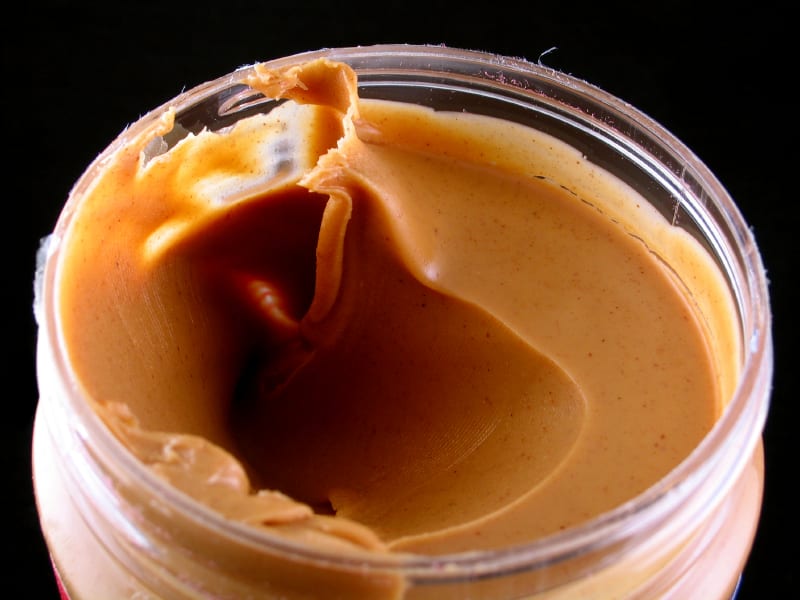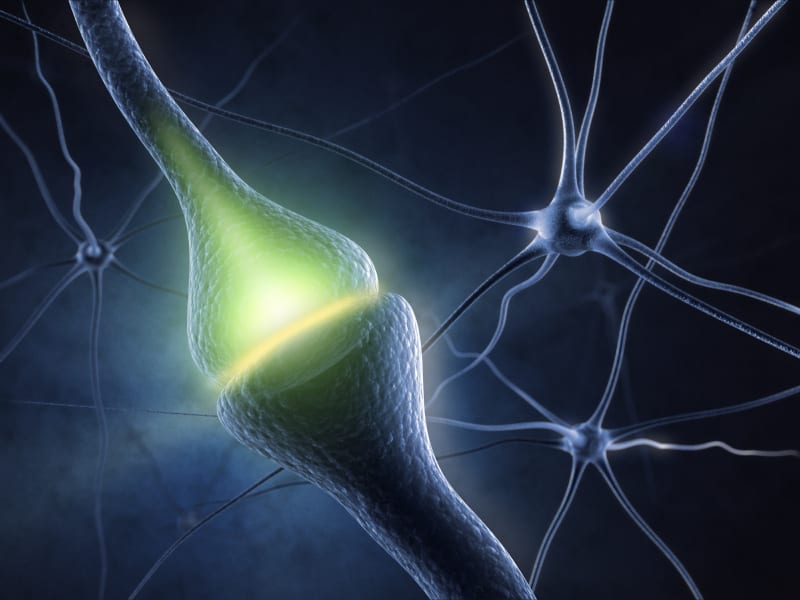Month: August 2014
Protecting Our Daughters from Campus Rape
In 1983, I was a Harvard freshman. I was happy to be at Harvard, naturally. Harvard was pleased too, mostly because the college, which had welcomed female students for only 11 years, had recently taken progressive steps to protect us from being raped on campus. During freshman orientation, the campus police proudly showed female students all the blue light phones that had been installed on campus walkways. If you ran to the phone at night …
Permission to Parent
We are in a new developmental phase – age 6. The power struggle my daughter and I have had since day one has escalated and I feel like I am losing most of the battles these days. Being a highly energetic, curious and exuberant child she is on the go from the moment she wakes up at 6am to the moment she closes her eyes at 8:30 (and lately 9:30) at night. Plus she …
When One Parent Travels… A Lot
For the last 2.5 years, Daddy-o has been a FIFO (Fly In, Fly Out) Father. His current client requires that he be onsite during the week so as such, he arrives home on Friday nights, then leaves again on Sunday evenings. I have not written about it because I was advised not to go public that I was alone during the week. But since I dont feel vulnerable, if someone wants to break …
Peanut, Almond and Nut Butters Recalled Due to Potential Salmonella
Before you make a peanut butter sandwich, check your bottle. nSpired Natural Foods Inc. is voluntarily recalling peanut, almond and other nut butters due to a fear of potential salmonella contamination. The products (in glass and plastic jars) includeArrowhead Mills Peanut Butters, MaraNatha Almond Butters and Peanut Butters and specific private label nut butters sold under the Trader Joe’s, Whole Foods, Kroger and Safeway brands. The recalled nut butters includethe following products …
Brain Synapses of Children with Autism
Children with autism have too many “junction boxes” in their brains, a studyhas found. The surplus synapses – places where neurons connect and communicate – are due to a lack of “pruning” that normally occurs early in life. In mice with autistic traits, scientists were able to restore synaptic pruning and reduce symptoms with a drug used to suppress the immune systems of transplant patients. The drug, rapamycin, has side effects that make it unsuitable as …





